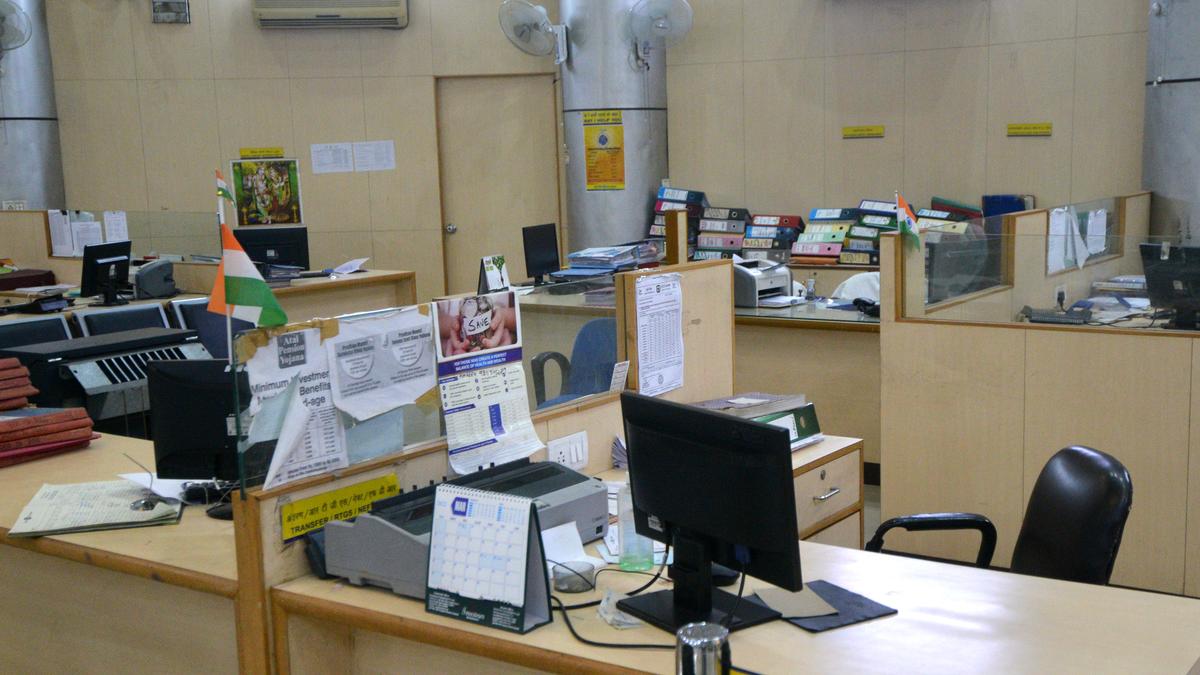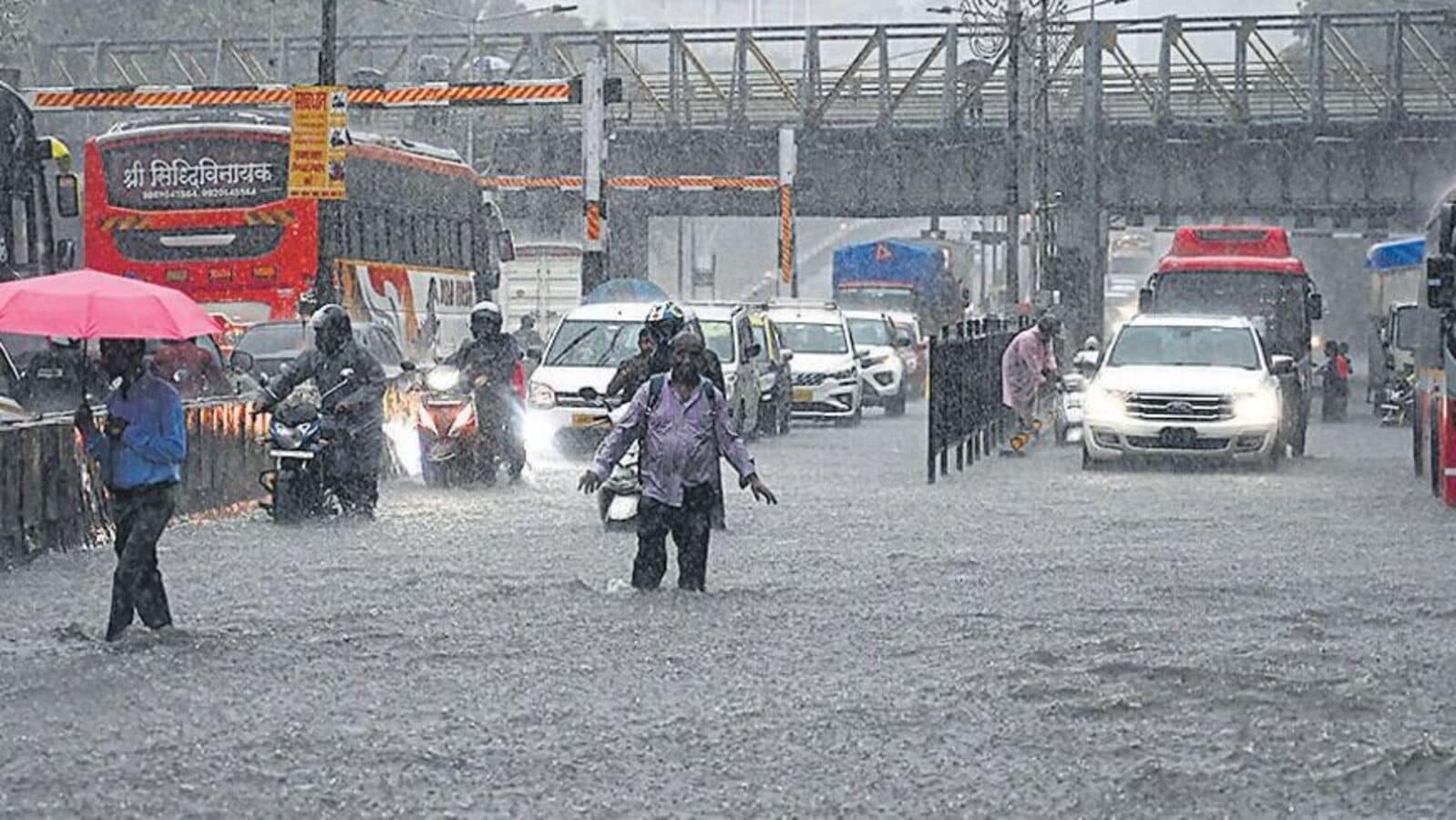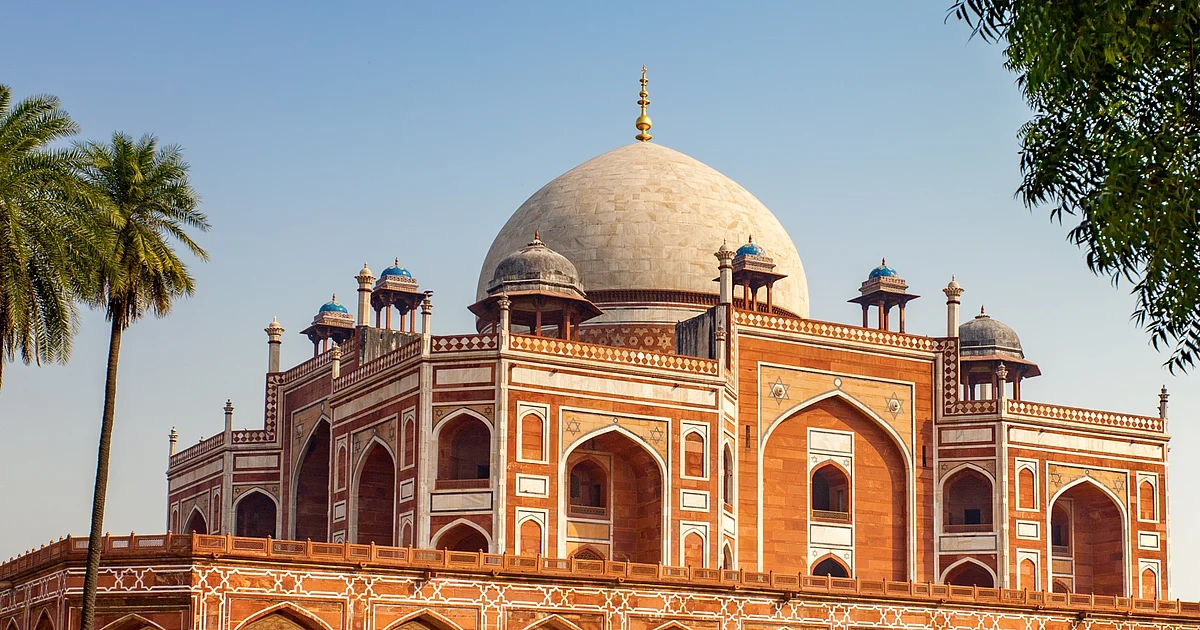
More than 25 crore workers engaged in sectors ranging from banking to construction are expected to go on a nationwide general strike on July 9. Image for representational purpose. File
| Photo Credit: R.V. Moorthy
More than 25 crore workers engaged in sectors ranging from banking and insurance to postal services, coal mining, highway construction, and others are expected to go on a nationwide general strike on Wednesday (July 9), potentially disrupting services across the country.
Why is there a Bharat Bandh tomorrow?
A forum of 10 central trade unions and their associates has called for a general strike or ‘Bharat Bandh’ to “oppose the anti-worker, anti-farmer and anti-national pro-corporate policies of the government”. In a statement, the forum has called for making “the nationwide general strike a grand success”, and said preparations have been taken up in earnest by unions in all sectors of formal and informal/unorganised economy.

What’s affected due to the Bharat Bandh?
1. Banking services
2. Postal services
3. Coal mining and factories
4. State transport services
5. Public sector units and government departments
“Farmers and rural workers will also join the protest across the country,” said Amarjeet Kaur from All India Trade Union Congress.
What’s open on Bharat Bandh?
1. Schools and colleges
2. Private offices
As of now, there is no official announcement about a nationwide railway strike, but passengers may expect delays in train services or disruptions due to the protests.

Why are workers on strike, and what are the concerns raised by the forum?
The forum said that the government has not been conducting the annual labour conference for the last 10 years and continues to take decisions in contravention to the interest of labour force, attempting to impose four labour codes to weaken collective bargaining, to cripple unions’ activities and to favour employers in the name of ‘ease of doing business’.
The forum also alleged that the economic policies are resulting into more unemployment, rising prices of essential commodities, depression in wages, cut in social sector spending in education, health, basic civic amenities, and all these are leading to more inequalities and miseries for poor, people of lower income group as well as the middle class.
It also alleged that in government departments, instead of providing regular appointments to the youth, the policy to recruit those who retired, as witnessed in Railways, NMDC Ltd, steel sector, and teaching cadres, is damaging to the growth of the country where 65 per cent population is below the age of 35 years and the number of unemployed is maximum among those in the age group of 20 to 25 years.
(Inputs from PTI)
Published – July 08, 2025 11:30 am IST





